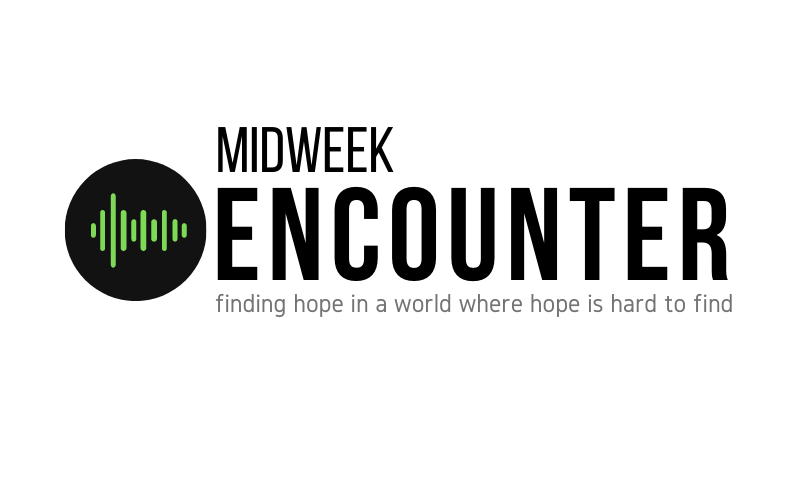



 One of the deepest needs you have in life is the need to be understood. We all desperately need to feel that somebody understands us, that somebody can feel what we’re feeling, think what they’re thinking. We all need people who connect with us. If you don’t ever have anybody in your life that you feel connected to, it has all kinds of negative effects.
One of the deepest needs you have in life is the need to be understood. We all desperately need to feel that somebody understands us, that somebody can feel what we’re feeling, think what they’re thinking. We all need people who connect with us. If you don’t ever have anybody in your life that you feel connected to, it has all kinds of negative effects.  1. BE COURAGEOUS AND TAKE THE INITIATIVE.
1. BE COURAGEOUS AND TAKE THE INITIATIVE. 2. BE CONSIDERATE OF THEIR NEEDS.
2. BE CONSIDERATE OF THEIR NEEDS. 3. BE CONSTRUCTIVE WITH YOUR WORDS.
3. BE CONSTRUCTIVE WITH YOUR WORDS. 4. BE CANDID ABOUT THE PROBLEMS IN THE RELATIONSHIP.
4. BE CANDID ABOUT THE PROBLEMS IN THE RELATIONSHIP. 5. CONFIDENTIAL WITH INFORMATION.
5. CONFIDENTIAL WITH INFORMATION. 6. BE COMMITTED TO THE RELATIONSHIP.
6. BE COMMITTED TO THE RELATIONSHIP.